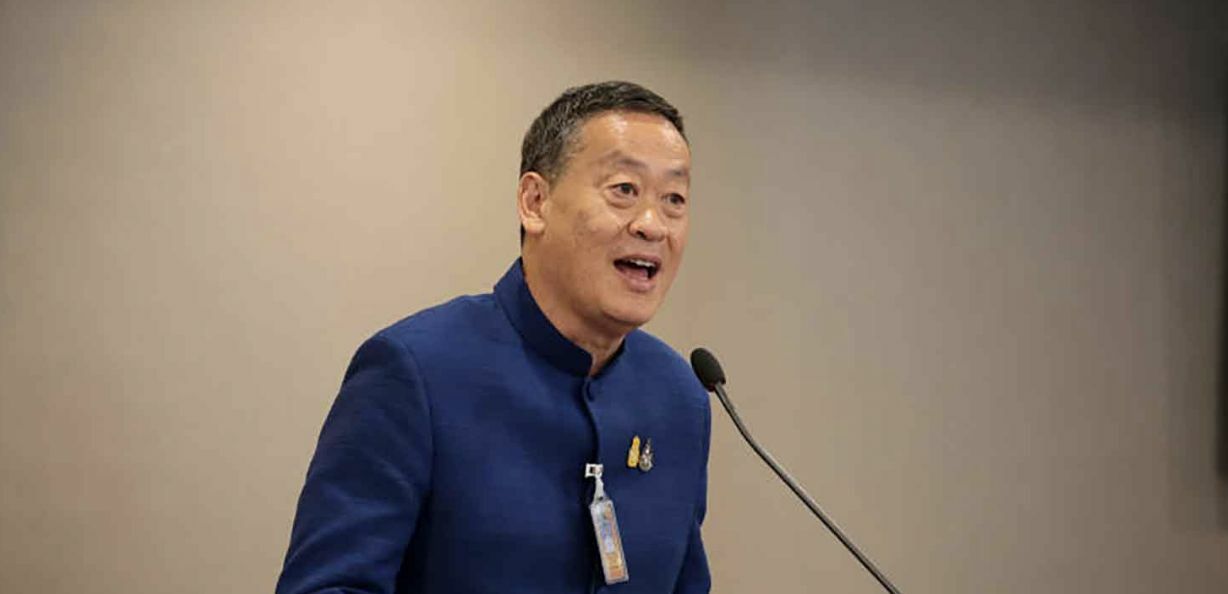Thai PM ‘splits’ salary option sparks debate among civil servants

Prime Minister Srettha Thavisin yesterday responded to criticisms surrounding the recent Cabinet resolution, which offers civil servants the option of receiving their monthly salary in two instalments instead of the usual single payment. The resolution, primarily aimed at stimulating the economy, was unveiled during the first Cabinet meeting of his administration on Wednesday and is tentatively set to start in January.
With an estimated three million state officials nationwide, including teachers, police officers, and armed forces personnel, the new payment system could potentially have a significant impact. Nevertheless, Srettha dismissed rumours that the government was short of cash, necessitating this change in salary distribution.
The 61 year old PM justified the decision by stating that the government would have to prepare to pay salaries even earlier than usual since the first half of the salary would be disbursed mid-month.
In response to concerns about civil servants’ ability to manage their finances with this new system, especially given the need to pay off debts by the end of the month, Srettha suggested that it could be possible for them to negotiate two payments per month with their creditors.
Nonarit Bisonyabut, a research fellow at the Thailand Development Research Institute (TDRI) and expert in economic growth, poverty, and inequality, expressed concerns that this new system might lead civil servants to incur more debts. Nonarit suggested that a debt settlement programme might be more beneficial in assisting those struggling with debts.
According to Chaiwat Sathawornwichit, an opposition list MP from the Move Forward Party (MFP), approximately 3.1 million civil servants, including 900,000 teachers, are currently grappling with debts exceeding 1.5 million baht. Sathawornwichit noted that, after automatic debt repayments, these individuals typically have less than 30% of their salary remaining each month.
In southern Thailand, the chairman of the Federation of Teachers of the South Region, Prathum Ruangrit voiced concerns over the plan’s potential complications, such as the need for increased personnel within payroll departments and uneven division of monthly fixed payments. Prathum also warned that most officials have their salaries automatically deducted to repay loans from savings cooperatives and other institutions under loan contracts.
A government official from the northeastern province of Khon Kaen also expressed apprehension about the resolution, fearing it could disrupt his financial management and lifestyle.
He pointed out that he must make several payments, all due at the end of the month, including loans, credit card bills, and utility bills. He suggested that while the government’s intention might be to boost cash flow, the bi-monthly payment could potentially provoke officials to accumulate more debt, Bangkok Post reported.
Follow more of The Thaiger’s latest stories on our new Facebook page HERE.
Latest Thailand News
Follow The Thaiger on Google News:


























